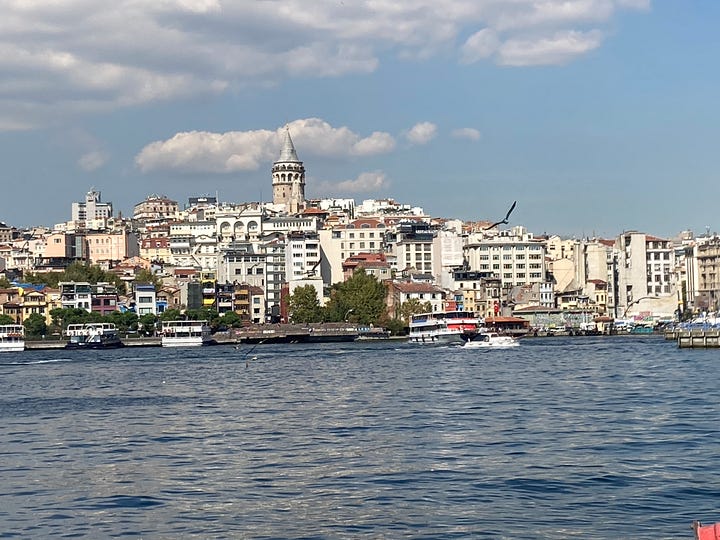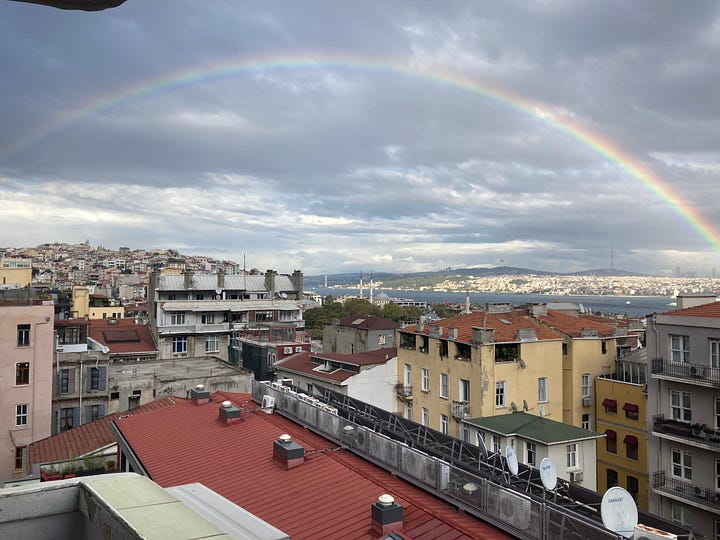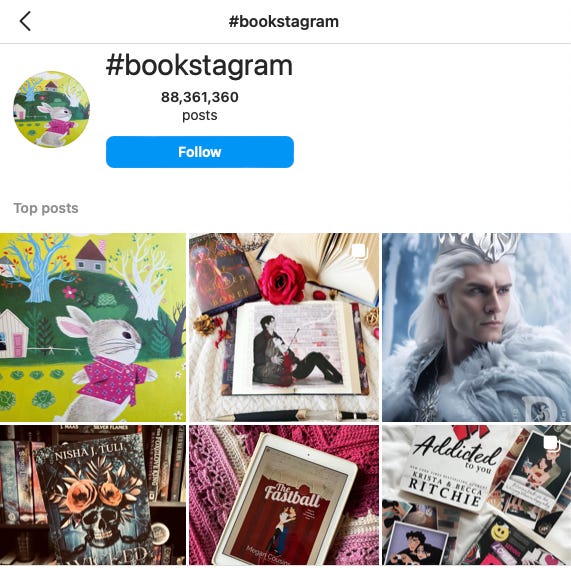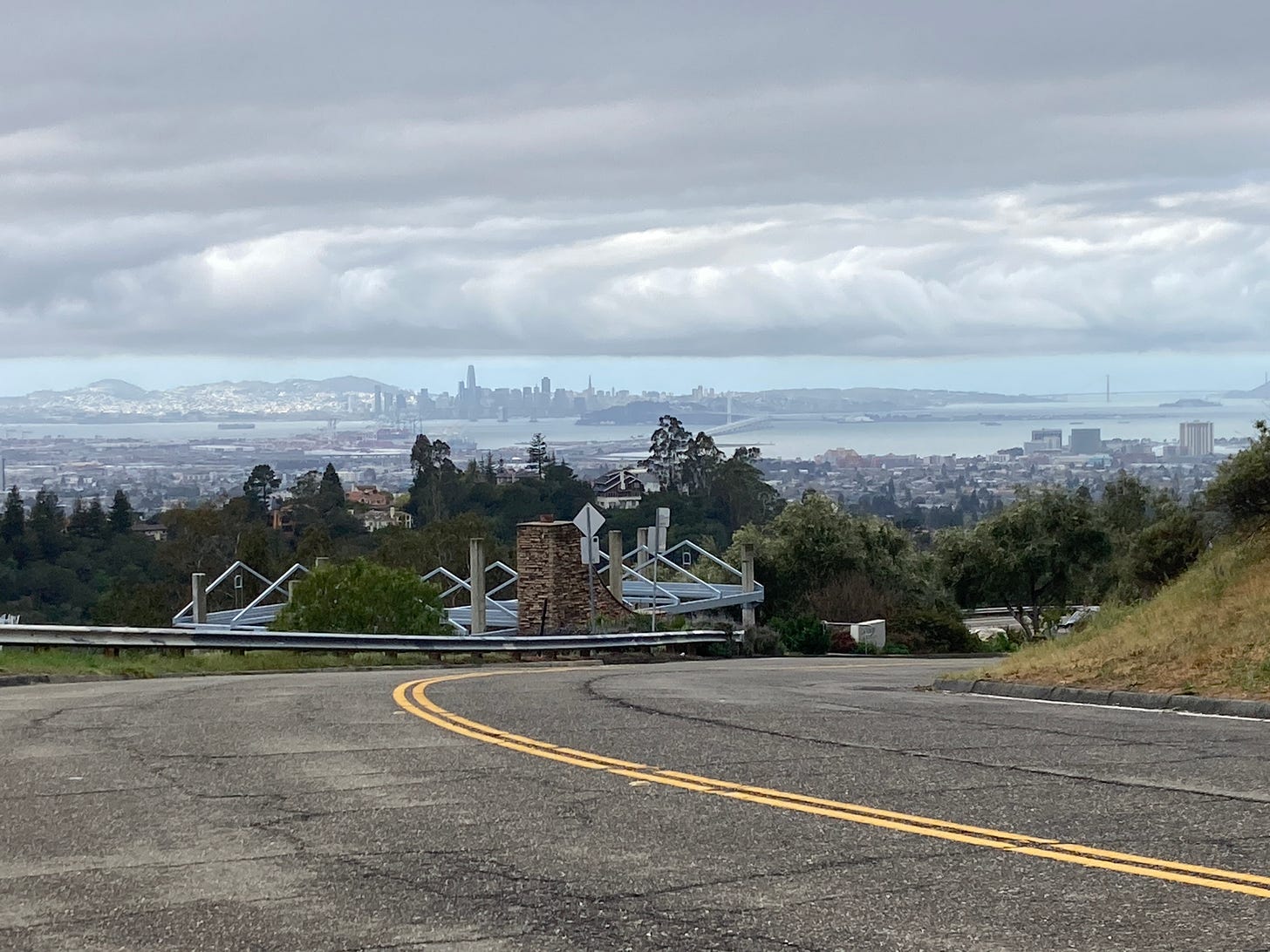Fast brain, slow brain - writer's version
When your brain is a battlefield
The publication date for my novel Shaken Loose is creeping up: it’s July 5, about three months away. For a long time, the launch felt distant and there was little that I needed to do other than proofread the typeset version, set up an author web site, etc. For most of 2022, I was able to focus on an entirely different writing project—the early stages of a historical novel set in the 1600s, which involved deep research and a wonderful trip to Istanbul.


With 2023, though, the historical novel has been filed away to a remote and cobwebbed corner of my desk. I’m now preoccupied with publishing rather than researching. And that has created an ongoing war between two parts of my brain.
I think of them as Fast Brain and Slow Brain. (But not exactly in the way that those terms have been defined by psychologists like Daniel Kahneman.)
Fast Brain is dealing with marketing for Shaken Loose. This involves a million tiny tasks. Identify and contact bookstores for readings… Set up a GoodReads author profile and an Amazon author profile… Recruit people to post early reviews on GoodReads and Amazon… Draft essays to place in media outlets once the book launches… Post regularly on Facebook and Instagram—not just my normal personal accounts but separate professional “author” accounts… Educate myself about #BookTok and #Bookstagram and #BookTube…
#BookTok? #Bookstagram? #BookTube? Huh?
That last set of items is particularly crazy-making. Twenty or thirty years ago, there were a small number of influential book reviewers at major newspapers and magazines. Today most newspapers no longer have book review sections, and instead we have thousands—maybe tens of thousands—of individuals posting book reviews on social media.
#BookTok is the hashtag for TikTok book-related posts. Ditto for #Bookstgram and Instagram, and #BookTube and YouTube. And the people creating these posts can be influential: Novelist Colleen Hoover occupies half the places on the New York Times bestseller list right now because of #BookTok buzz.
But that world is opaque to me. With thousands of individual reviewers, how do I know which ones to approach? One could spend entire days scrolling through individual #BookTok and #Bookstagram feeds looking for reviewers who would be a good match for Shaken Loose. Even if I punt and decide to hire a publicist to help with social media, I still have to figure out which of countless publicists actually understands these platforms and could do a good job for my particular book.
With book marketing, I feel pulled in a million directions by tasks that take no more than a minute but are never complete. Send an email, make a list, look at 20-second videos, check my social media, make an uber-list of all the other lists I should make, etc.
That’s the Fast Brain. Twitchy Brain. Monkey Brain.
Then there’s my Slow Brain. Along with all this marketing stuff, there is thoughtful writing and editing that I need to do. My publishing contract includes a sequel to Shaken Loose, which is already written but needs revision. I’d like to get that done by early July too, but now I’m wondering if that is feasible. Revision requires undivided attention and big blocks of time, like four or five hours. I need to sit with my story and my characters and my universe—feel where the story needs to go, hear the rhythm of the sentences, see where my writing can go deeper. It’s a completely different mindset than churning out emails and checking social media sites.
Even writing this blog post. It requires a couple of hours of focus, and my mind keeps darting off to one of those many marketing tasks. They call to me—there’s a momentary burst of adrenaline when I check off an item—yet there’s always more to do. I think of the blinders that the carriage horses in Central Park wear to avoid distraction by traffic. I need blinders for my brain.
But then maybe we all do?
My fast-brain / slow-brain battle feels uniquely intense right now, but we are all living this, every day. We can’t watch a two-hour video without glancing at our phones. We play Wordle instead of reading books; we skim digital headlines instead of full newspaper stories; we text and drive at our own peril. We can’t play with our pets or children without checking our devices.
It’s easy to get apocalyptic about this. Will our thinking ability as a species atrophy? Will coming generations be unable to focus enough to design bridges and write legal briefs? With the rise of artificial intelligence, will we let the bots do anything that requires concentration and relegate ourselves to swiping and tapping for quick answers?
Will thinking—like neurosurgery or nuclear physics today, like classical ballet or reading Latin—become something rarefied, perhaps richly rewarded but practiced only by an elite few?
Maybe. But my problem, right now, is thankfully more limited. I need to continue with all those tiny marketing tasks, and not get swept too far out into the endless ocean of #BookTok and #Bookstagram, and carve out enough quiet, uninterrupted time to do writing and thinking.
During Covid, I replaced my old indoor gym routine with a bike ride up Tunnel Road—a steady uphill that gains about 1400 feet of altitude and takes me about 70 minutes. There’s little traffic, and trees and birdsong fill both sides of the road, and my cellphone is inaccessible in my backpack.
For the middle half-hour of the ride, the most gradual section, I pedal and zone out and do some of my most creative, energizing thinking. For that half-hour, Slow Brain wins the battle.



